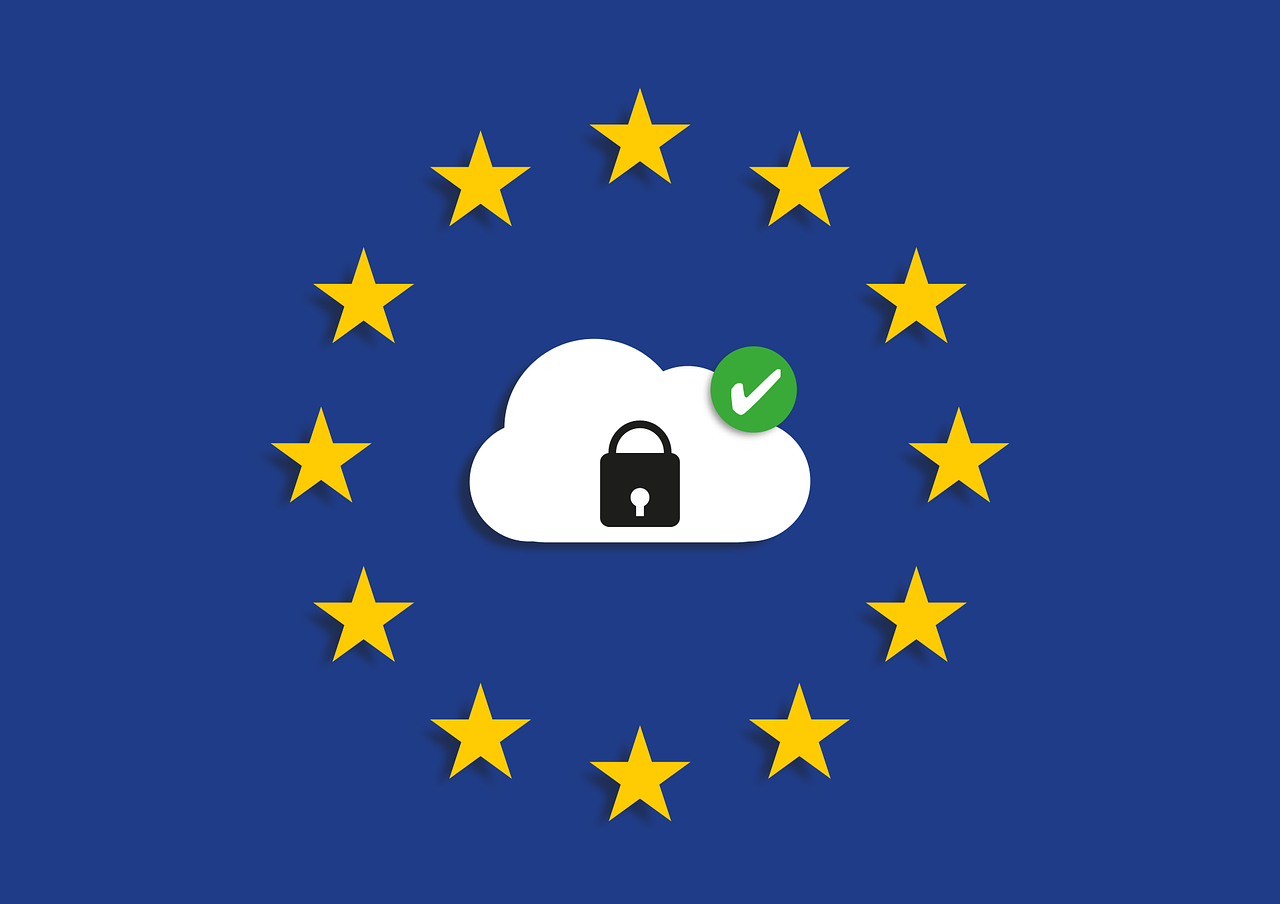In this post, I will show you the big risks in Big Data for Fintech companies.
The revolution and innovations in banking and finance in the last fifteen years have introduced a host of new services to end customers and businesses alike.
These innovative companies have moved the once legacy world of banking into new realms of convenience and seamless services, but they also exist within the financial vertical, with tight regulations.
The backbone of fintech companies is the huge amounts of data that they consume and process on a daily basis. The need to protect that data becomes absolutely crucial to maintain the trust of its customers and to stay compliant with diverse jurisdictional regulations. Staying on the right side of the law is no small task.
Fintech companies often find themselves navigating through a labyrinth of regulations specific to the financial industry.
Along with the standard PCI-DSS regulations, they’ve got to keep their eyes on acronyms like DORA, GLBA, and broader regulations like the EU’s GDPR, South Africa’s POPIA, or the recently introduced state regulations in the US, such as the Colorado Privacy Act or Connecticut Data Privacy Act.
Tailored and seamless services require a constant and interrupted flow of data; big data, to be more specific, exposes sensitive information like credit card information and ePHI (personal banking information, addresses, etc.) to various threats, both internal and external.
I will take a look at the possible avenues of breaches in this article and what companies can do to mitigate these risks.
Table of Contents
Data Breaches
Fintech companies are swimming in a sea of sensitive customer data that they collect and process, making them prime targets for hackers and other cybercriminals.
A potential data breach in a fintech company is an existential threat to a lot of institutions. Think financial loss, reputation going down the drain, and legal headaches. That’s why fintech companies need to put up strong security shields.
Some of these protective measures include both technological tools and common-sense practices. The encryption of data and usage of secure storage practices for sensitive data is crucial.
Regularly updating and patching existing security systems to prevent vulnerabilities is also essential. Other things to take into account are implementing multi-factor authentication to strengthen login procedures and having a robust DLP in place, like Safetica ONE or Safetica NXT.
Personalized Data
Part of the key selling proposition of most Fintech companies is data personalization. Companies are all about giving users top-notch customized experiences.
But here’s the catch: going overboard with personalized data can be risky business for data privacy. Storing too much info and relying heavily on fancy AI algorithms can open the door to hackers.
Finding that sweet spot between personalization and data privacy is the key to keeping user trust intact and safeguarding sensitive info.
Some of the ways to lower the risks are to include data retention practices in your company’s data security policy to limit the storage of personal data beyond necessary periods, conduct regular data privacy impact assessments to identify and address potential risks and offer clear opt-out options for users who prefer not to share specific data for personalization.
Other mitigation measures include developing a comprehensive data usage policy that outlines permissible purposes for personalized data, implementing data access controls to restrict data use to authorized personnel and purposes, and allowing users to easily manage their data preferences, including opting out of certain data uses.
READ ALSO: How To Keep Your Cloud Storage Safe And Secure
Cloud Security Risks
Fintech companies are embracing cloud-native technologies like never before, unlocking new possibilities for innovation and growth within this SAAS framework.
Entrusting sensitive financial data to the cloud can make FinTech companies susceptible to data breaches due to insufficient security measures implemented by the cloud provider, inadequate access controls, and shared resources.
Additionally, the risk of insider threats looms as internal employees or contractors with access to the cloud may accidentally mishandle data or engage in malicious activities.
Some of the ways to mitigate these risks include encrypting data before storing it in the cloud, adding an extra layer of protection, requiring multi-factor authentication to access your cloud systems, and regular security audits to check the health of security in your cloud systems.
They help spot vulnerabilities and fix them before they become problems. As with a bank compliance solution, preventive solutions will always supersede fixes after the fact, helping fintech companies stay ahead of the curve when it comes to securing their customer’s most valuable resource, their data.
Conclusion
Fintech companies hold sensitive customer data, making them prime targets for data breaches. To mitigate these risks, companies should implement technological tools and common-sense practices such as data encryption, secure storage practices, regular security updates and patches, multi-factor authentication, and a robust DLP solution.
Companies should also be mindful of the risks associated with data personalization and cloud security.
Finally, companies should encrypt data before storing it in the cloud, require multi-factor authentication to access cloud systems and conduct regular security audits.
By taking these steps, fintech companies can help to protect their customers’ data and stay compliant with regulations.
INTERESTING POSTS
- Exclusive Interview With Alex Ruiz, COO Of 3GO Security
- Sustainable Finance And Positive Global Transformation
- Why A One-Size-Fits-All Approach No Longer Works For Modern Banking Clients
- Cyber Security Risks And Solutions
- The Legalities Of Crypto Betting: A Global Perspective
- A Beginner’s Guide to Navigating the World of Finance
About the Author:
Gina Lynch is a VPN expert and online privacy advocate who stands for the right to online freedom. She is highly knowledgeable in the field of cybersecurity, with years of experience in researching and writing about the topic. Gina is a strong advocate of digital privacy and strives to educate the public on the importance of keeping their data secure and private. She has become a trusted expert in the field and continues to share her knowledge and advice to help others protect their online identities.
Meet Angela Daniel, an esteemed cybersecurity expert and the Associate Editor at SecureBlitz. With a profound understanding of the digital security landscape, Angela is dedicated to sharing her wealth of knowledge with readers. Her insightful articles delve into the intricacies of cybersecurity, offering a beacon of understanding in the ever-evolving realm of online safety.
Angela's expertise is grounded in a passion for staying at the forefront of emerging threats and protective measures. Her commitment to empowering individuals and organizations with the tools and insights to safeguard their digital presence is unwavering.









